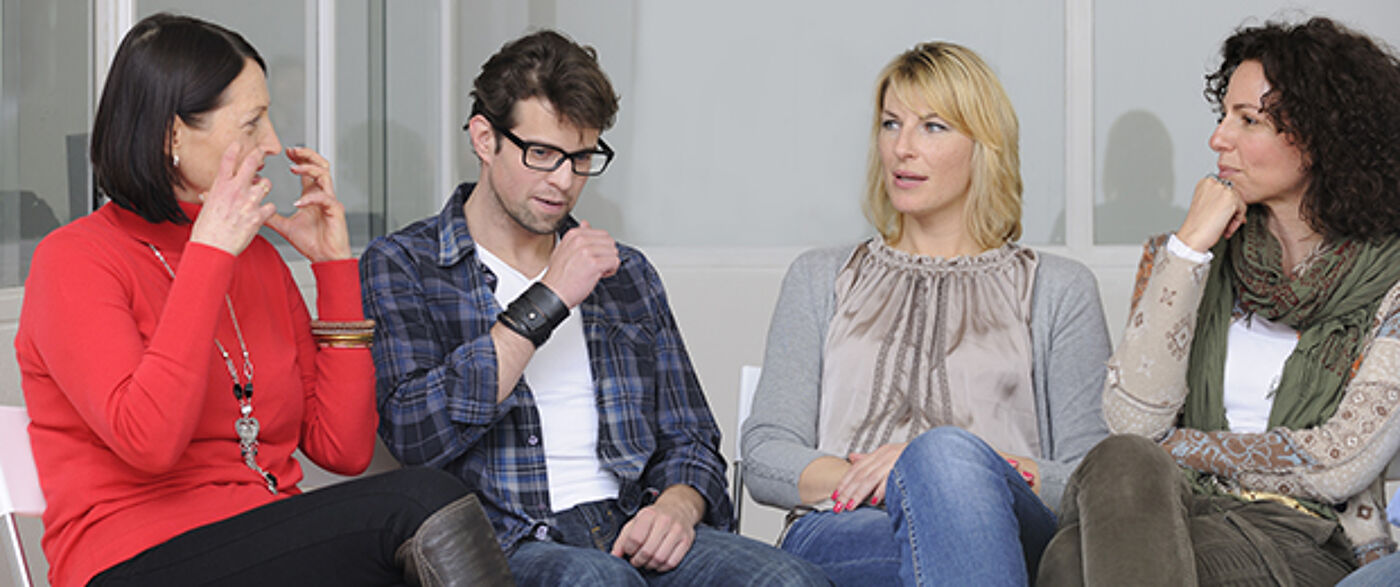CeDAR (Centre for Developmental Adversity & Resilience)
CeDAR  scientifically and holistically explores the interplay of childhood abuse and neglect and neurodevelopmental factors, so we can best understand how their interaction shapes our mental health and wellbeing as we grow.
scientifically and holistically explores the interplay of childhood abuse and neglect and neurodevelopmental factors, so we can best understand how their interaction shapes our mental health and wellbeing as we grow.
We know that those who experience adversity in childhood can often face challenges in later life that extend far beyond their mental health, impacting social relationships, physical health, and economic stability. We also know that many who face similar challenges will thrive. This conundrum lies at the heart of what we do: investigating our incredible human development, in all its diversity, and how society can nurture its potential!
Our team starts with people's stories and experiences, combines them with cutting-edge research and technology to develop evidence-based early interventions that aim to improve life outcomes. Our diverse group, from interdisciplinary fields, bring both professional expertise and live experience across our intersecting research themes:
Early mental health: Recovery, resilience and life after maltreatment
Neurodevelopment and neurodivergence: Experiences, identities and influencing systems for change
Complex presentations: Empowering young people facing serious mental health challenges

Our research







